
Experts Say Cavities Literally Cause Heart Disease And Can Also Lead to Death

When a Toothache Becomes a Heart Risk: The Hidden Link Between Oral Health and Cardiovascular Disease
Most people think of cavities as a small inconvenience—an annoying dental bill or a quick trip to the dentist, not a threat to their life. But what if that tiny spot of decay was more than just a hole in your tooth? What if it was a silent warning signal for your heart?
It may sound dramatic, but research is increasingly clear: poor oral health isn’t just about toothaches or bad breath—it’s connected to serious, potentially fatal cardiovascular problems. People with gum disease are up to twice as likely to develop coronary artery disease, and the same bacteria that cause tooth decay can enter your bloodstream, inflame arteries, and even infect heart valves.
Think of your mouth as Grand Central Station for bacteria. Every time oral hygiene slips, you open the doors for harmful microbes to take a high-speed train straight to your heart.
So how does something as simple as a cavity lead to a cardiac crisis—and more importantly, how can you stop it? Let’s follow the path from your molars to your myocardium.
The Science Behind the Mouth–Heart Connection

Your mouth and heart may seem like distant neighbors, but biologically, they are tightly connected. What starts as gum inflammation or a small cavity can quietly trigger a chain reaction that impacts your cardiovascular system.
The key lies in the way bacteria travel and how your body’s immune system responds. Once inside the bloodstream, bacteria—especially Streptococcus viridans—can attach to blood vessel walls, sparking inflammation. Over time, chronic exposure elevates C-reactive protein (CRP) and inflammatory cytokines—markers strongly associated with cardiovascular disease. This persistent inflammation promotes atherosclerosis, where fatty plaques narrow arteries, restrict blood flow, and heighten the risk of heart attacks and strokes.
Dr. Sasha Ross, periodontist at the Cleveland Clinic, warns that endocarditis—an infection of the heart’s inner lining—can result directly from oral bacteria introduced during routine dental work. While rare in healthy hearts, it can be fatal for people with valve abnormalities or prosthetic valves, which is why some patients are prescribed preventive antibiotics before procedures.
Multiple studies confirm this connection. The American Heart Association notes that those with severe periodontitis face substantially higher risks of coronary artery disease, and the risk rises with the severity of gum disease. Gum disease may not “cause” heart disease in a direct, one-to-one way, but it acts as a catalyst, creating conditions where heart problems are more likely to develop.
Beyond the Heart: Systemic Risks of Poor Oral Health

While the heart is the most alarming target, other organs and systems are also vulnerable to oral bacteria and inflammation.
Stroke and Brain Health
Just as oral bacteria can inflame heart arteries, they can also damage blood vessels that supply the brain. People with gum disease are up to three times more likely to suffer ischemic strokes. There is also emerging evidence that chronic oral inflammation may contribute to Alzheimer’s disease and other forms of dementia, as inflammatory molecules and bacterial toxins cross into brain tissue.
Respiratory Infections
In older adults or those with weakened immunity, harmful oral bacteria can be inhaled into the lungs, increasing the risk of pneumonia and bronchitis. In nursing homes, where dental care is often neglected, this can be life-threatening.
Diabetes and Blood Sugar Control
The relationship between diabetes and gum disease is a dangerous two-way street. Diabetes makes infections—including gum infections—more likely, while gum disease can worsen blood sugar control. Treating periodontal disease can actually improve blood sugar regulation in diabetics.
Pregnancy Complications
Pregnant individuals with gum disease face higher risks of preeclampsia, premature birth, and low birth weight. The theory: oral bacteria can reach the placenta via the bloodstream, causing inflammation that disrupts fetal development.
Other Chronic Conditions
Inflammation from gum disease has been linked to rheumatoid arthritis and even certain cancers, including pancreatic cancer. In each case, the underlying mechanism appears to be chronic immune activation and prolonged bacterial exposure.
Why It’s Not Just “Bad Genes”
Genetics can increase your susceptibility to gum or heart disease, but daily habits have far more influence over your long-term health.
Shared risk factors—such as smoking, high sugar intake, excessive alcohol use, chronic stress, and poor nutrition—damage both your mouth and your heart. The overlap is no coincidence: your body operates as a single, interconnected system.
For example:
-
Tobacco weakens gum tissue and reduces circulation, harming both teeth and arteries.
-
High-sugar diets feed cavity-causing bacteria and spike blood glucose, compounding risks for diabetics.
-
Alcohol dries out the mouth, disrupts healthy bacteria, and raises systemic inflammation.
How Your Immune System Can Make Things Worse
When bacteria from the mouth enter the bloodstream, some immune systems respond aggressively, producing high levels of inflammatory molecules. While intended to protect, this overreaction can damage arteries, joints, and other tissues.
This explains why some people with poor oral health develop systemic problems quickly, while others don’t. Conditions like uncontrolled diabetes amplify this effect by weakening circulation and immune defenses.
Protecting Your Mouth—and Your Heart
The good news: the same steps that keep your mouth healthy can also reduce your cardiovascular risk.
Daily Dental Habits
-
Brush twice a day for at least two minutes with fluoride toothpaste.
-
Floss daily—string floss or a water flosser is best for reaching under the gumline.
-
Clean your tongue to remove odor-causing and inflammatory bacteria.
-
Use an antimicrobial mouthwash with the ADA seal.
Professional Care
Visit the dentist at least twice a year. If you have heart disease, diabetes, or other chronic conditions, ask if you should see a periodontist.
Heart-Healthy Lifestyle Choices
-
Quit smoking.
-
Limit added sugars.
-
Eat more fiber, fruits, vegetables, and lean proteins.
-
Stay hydrated to maintain healthy saliva flow.
The Bigger Picture: Bridging the Medical–Dental Divide
Despite overwhelming scientific evidence, dental care is often treated as optional in healthcare policy. In the U.S., Medicare doesn’t cover routine dental care, leaving millions of older adults—many already at risk for heart disease—without access.
Integrating dental and medical care could save billions annually by preventing costly complications. Strategies include:
-
Medical–Dental Integration (MDI): Training doctors to screen for oral issues and refer patients.
-
Teledentistry: Providing remote dental consultations in rural or underserved areas.
-
Expanded Medicaid Coverage: Ensuring adult dental benefits in all states.
Your Mouth as a Mirror to Your Heart
Skipping floss or postponing a cleaning might seem harmless, but over time, these small lapses can have serious consequences. The mouth is not an isolated system—it’s a gateway to the rest of your body.
From gum disease to heart attacks and strokes, the evidence is clear: taking care of your teeth and gums is an essential part of taking care of your heart.
Brush, floss, rinse—and think of it as an investment not just in your smile, but in your life.
News in the same category


Elvis Presley’s Private Flight From 1962 Has Finally Been Sold – The Interior Is Amazing

Why McDonald’s Removed The Clown From The Company Image

Woman buys apartment only to find someone else is already leasing it after receiving strange email

Woman who survived deadly plane crash alleges 'real reason' 151 people died

People captivated by footage of fighter aircraft ‘activating its cloaking device’

Amazon's forgotten $500,000,000 deal that 'killed' Toys 'R' Us in 'cruel' move

The real reason why nobody has ever found human remains inside the Titanic wreckage

1,000-year-old onion and garlic eye remedy kills MRSA

The Simpsons fans devastated as show 'kills off' one of the main characters for first time ever

NASA releases closest-ever images to the sun and everyone is asking the same thing

Secret CIA Documents Declare That The Ark Of The Covenant Is Real, And Its Location Is Known

Scientists Warn China-Identified Bat Virus Just One Mutation Away From Sparking Global Pandemic

EventsCalifornia On High Alert After Invasive Crab Capable Of Scaling 13-Foot Walls Discovered

Coca‑Cola Fires Back After Trump Claims He Switched The Coke Recipe

Modified Herpes Virus Shrinks Advanced Melanoma Tumors in Trials, Offering Fresh Hope Against Stubborn Skin Cancer

People are just realizing insane coincidence that links The Matrix and 9/11 tragedy

Former NASA boss makes heartbreaking admission about the future of US space travel
News Post
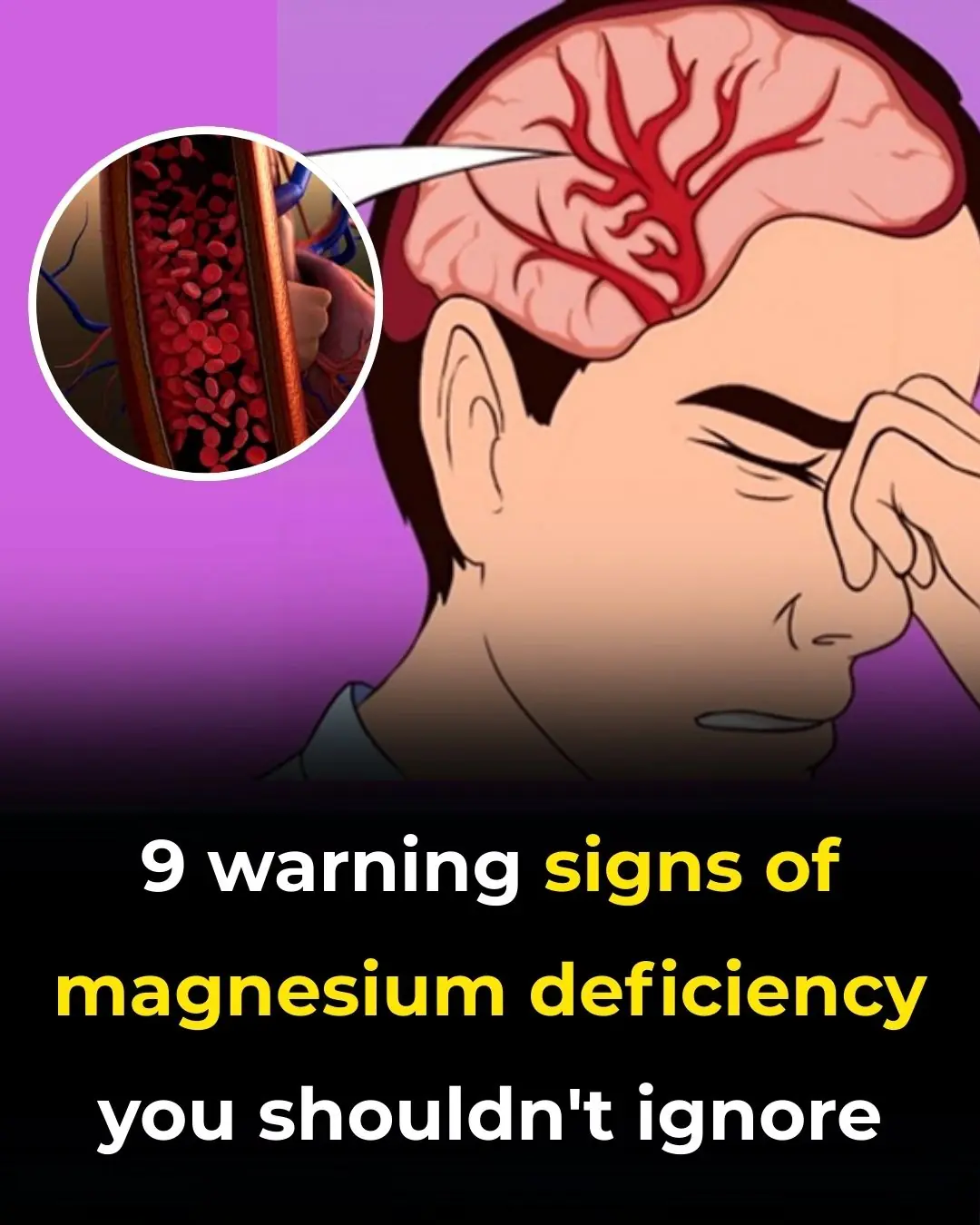
14 Warning Signs of Low Magnesium Levels and What to Do About It (Science Based)

5 Unconventional Signs of Breast Cancer That You Must Know About

Low FT3 Levels Predict Risk for Nerve Damage in Diabetes

Doctors Urge: Don’t Ignore Unexplained Bruising — These Hidden Reasons Could Be the Cause
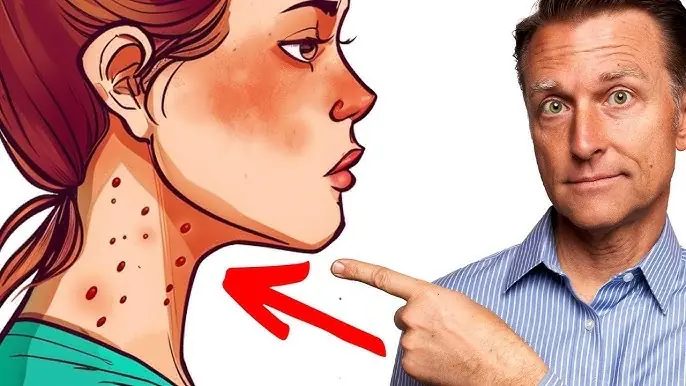
12 Urgent Warning Signs You’re Eating Too Much Sugar
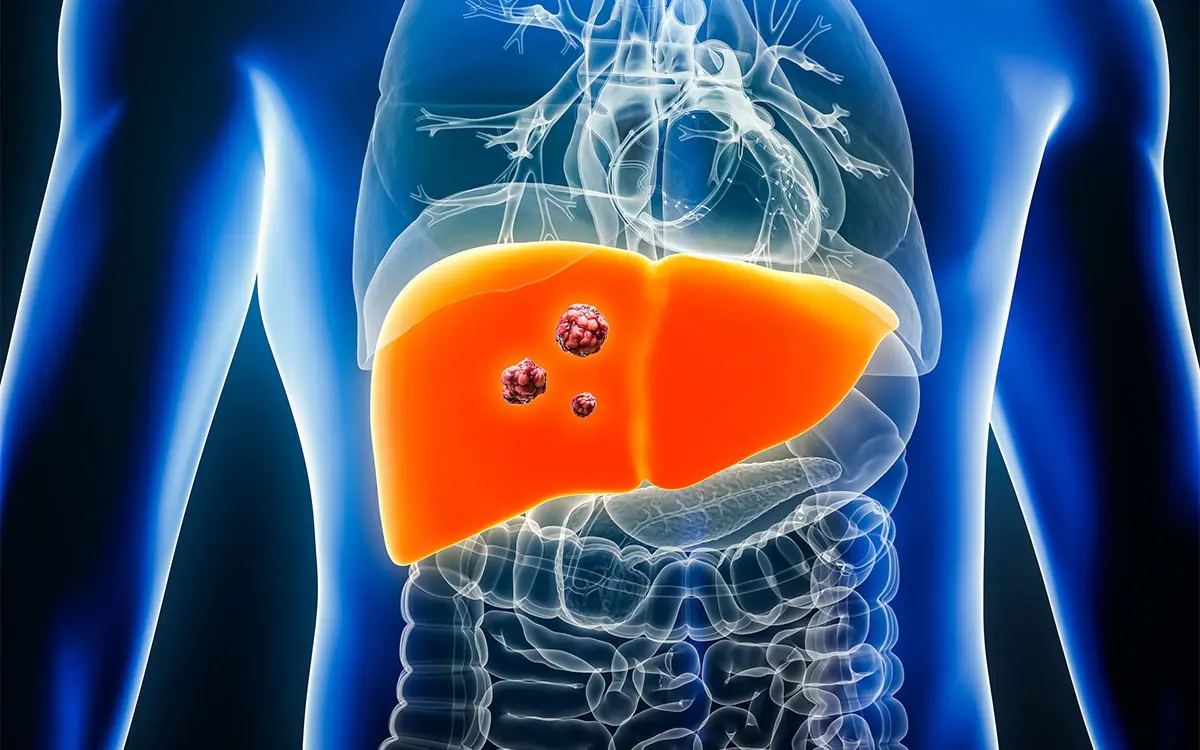
5 Common Habits Silently Destroying Your Liver (Most People Do Them!)

Where Do You Stand on the Sitting-Rising Test?

The Ultimate Guide to Marinating Fish
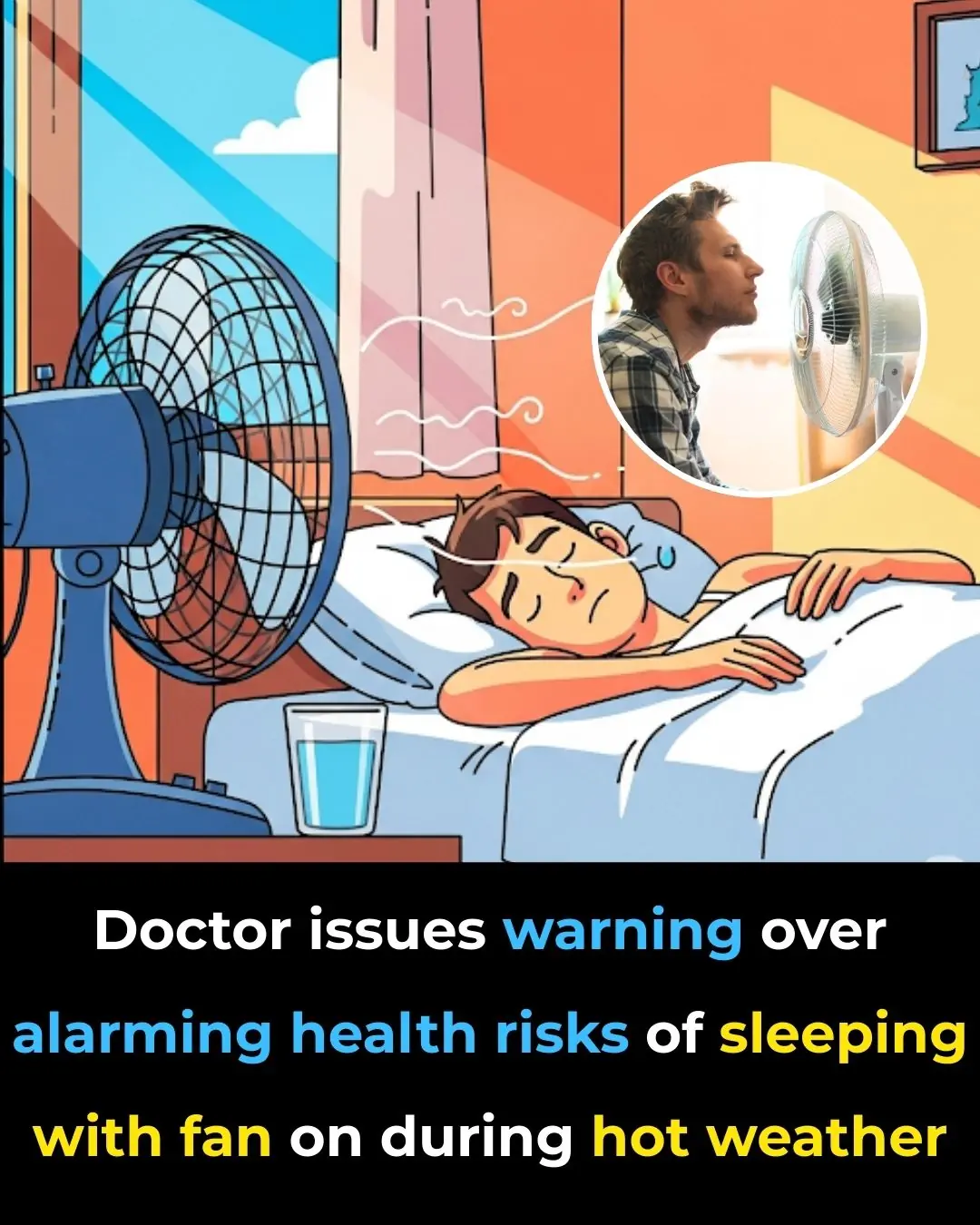
The Pros and Cons of Sleeping with a Fan On

One Button, Big Savings: Cut Energy Costs with Every Wash
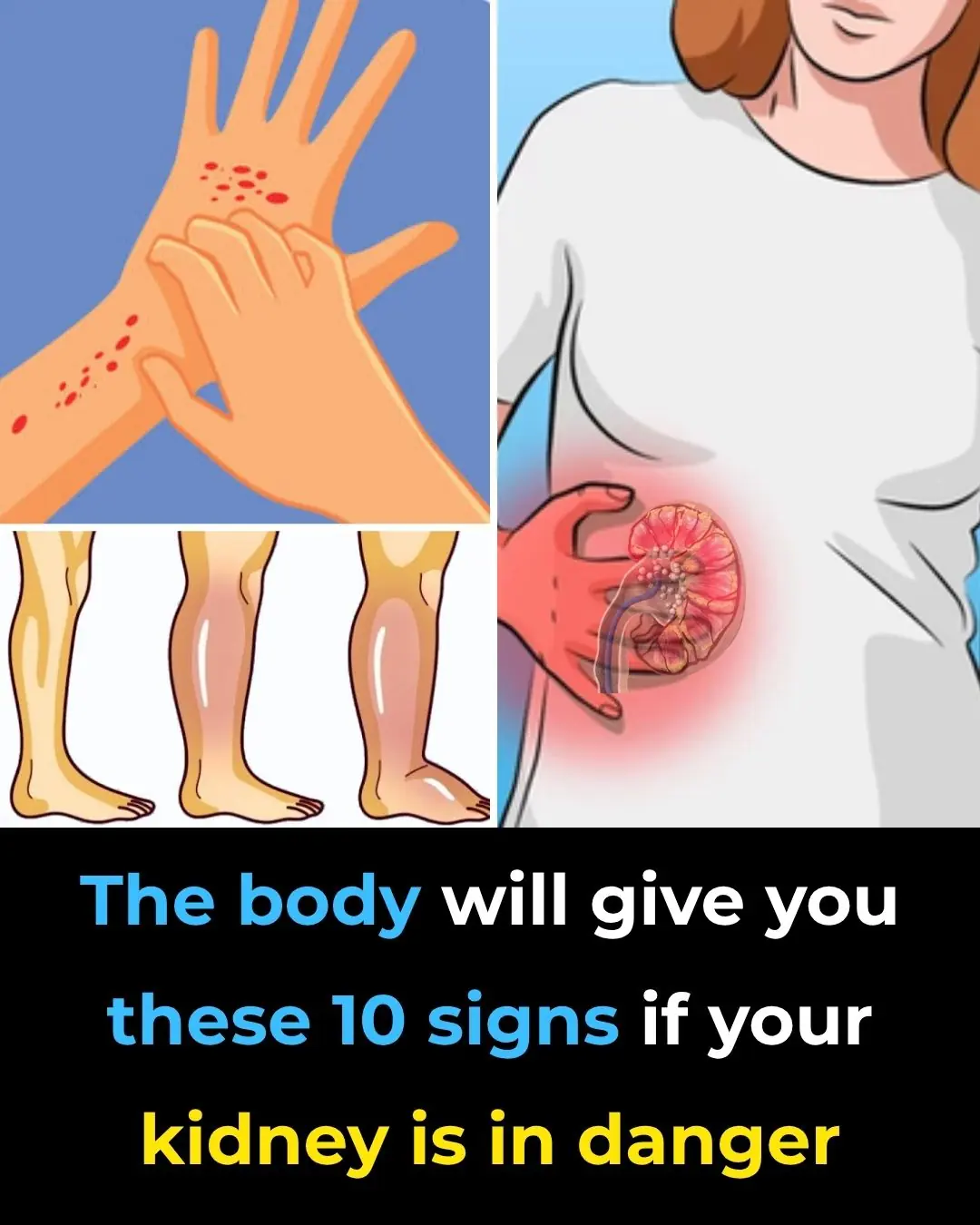
10 Symptoms of Kidney Disease

10 Types of Toxic Friends to Avoid

Index Finger Length: Personality and Fortune

5 Potential Health Benefits of Macadamia Nuts

How to Exercise Safely When You Have Atrial Fibrillation
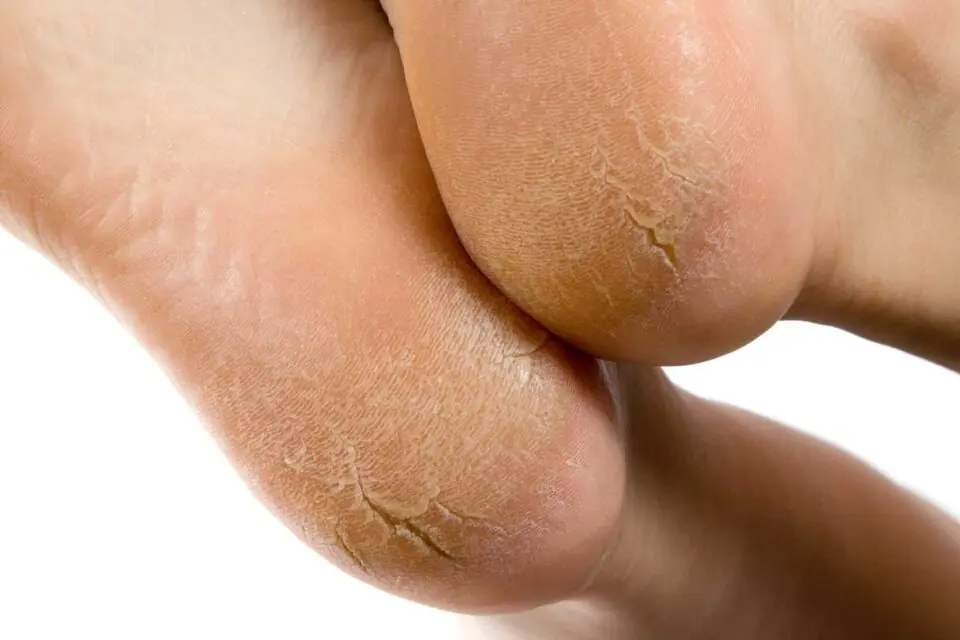
How to Get Rid of Dead Dry Skin on Feet

Foods to Eat if You Need to Poop – The Best Natural Laxatives

How to Make Onion Juice for Hair Growth & Strong Hair

3 Best Ways to Boil Sweet Potatoes for Maximum Flavor
